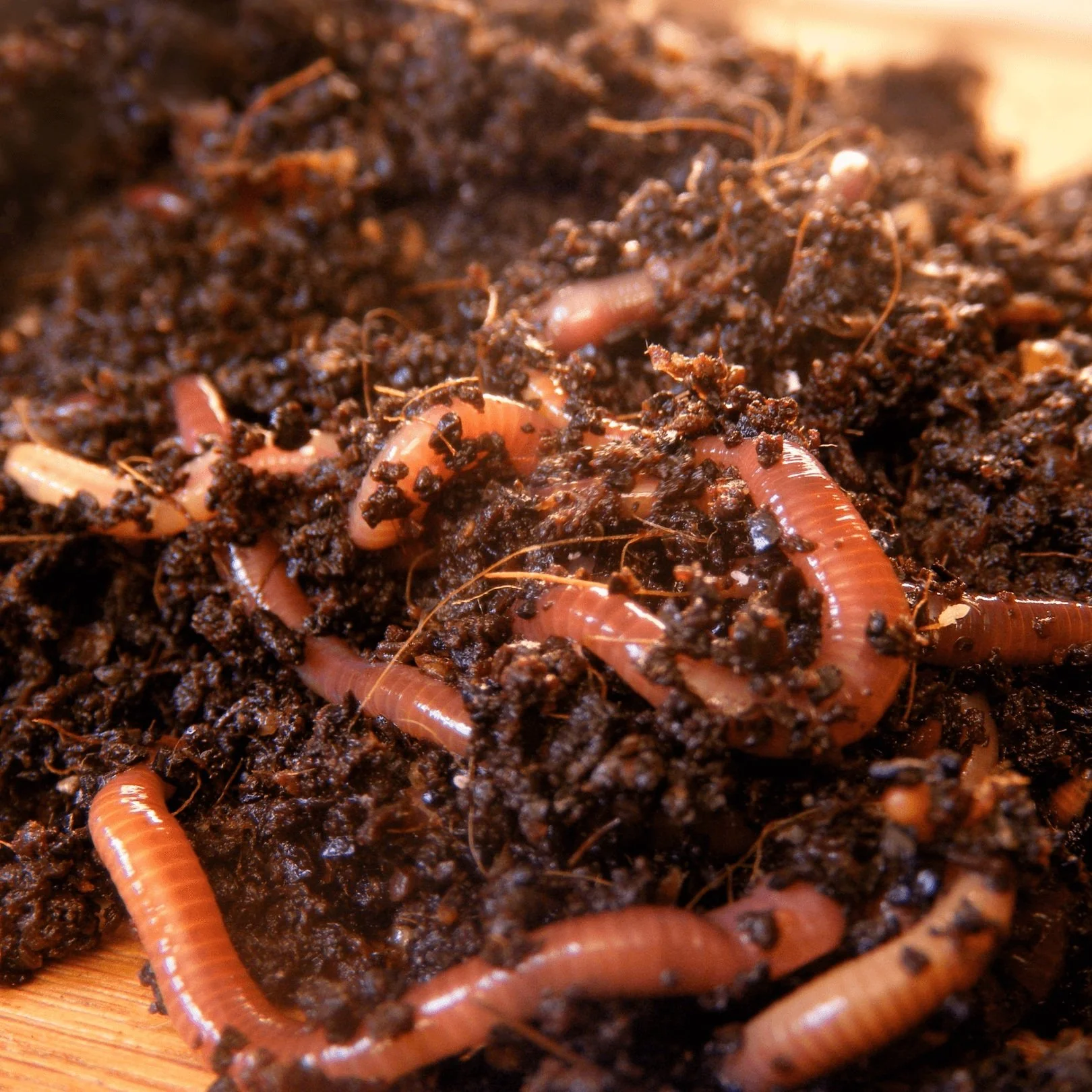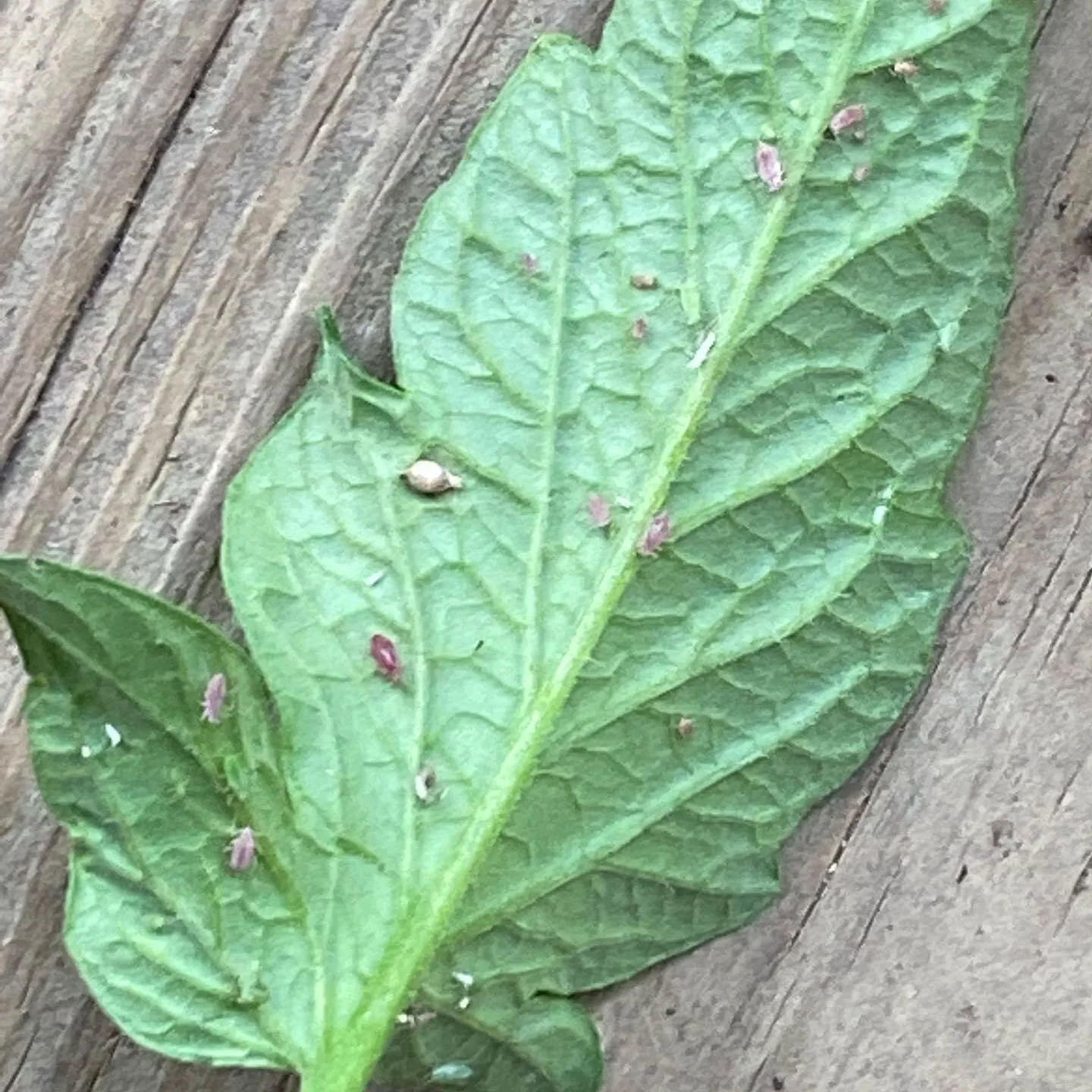Our Methods and Techniques
Introduction
After spending years following traditional gardening methods, I decided to switch to organic gardening. Grateful Grows is the outcome of my decision to transfer my skills to you after years of studying these approaches. These natural methods are easy, healthy, and budget-friendly. We are committed to providing my knowledge and experience to assist you in your journey toward organic gardening.
Growing cannabis is my passion, but it goes beyond that. For me, it's also about respecting our planet, adopting a sustainable lifestyle, and, most importantly, growing our food and cannabis.
Happy growing my friends!
Change The Way You Grow
Embracing the principles of JADAM, Cho's Global Natural Farming (CGNF), regenerative agriculture, and no-till techniques in organic gardening goes beyond the conventional approach of merely avoiding synthetic products. It's about restoring and replenishing soil resources dynamically and sustainably. Let's delve into how these methodologies align with the fundamentals of enriching your soil through composting and other organic gardening concepts.
We want to stress how straightforward the process of organic gardening is. Once everything is in place, it's smooth sailing from there. Our goal is to show you how to feed the soil, not the plants. A simple recipe for success in your garden.
When you get the hang of it, pay attention to nature and then mimic it. There's no need for guesswork here; it's all about understanding the science and letting it work its magic naturally. Mother Nature's got it covered!
So, chill and let us guide you through the ease and fun of organic gardening. We've put in the hard work to ensure that your gardening journey is as easygoing as it gets. Trust us, it's a rewarding ride!
Explore our range of products (links below) designed to elevate your gardening experience, embracing a natural and chemical-free approach.
Enriching Your Soil
Incorporating plants through composting aligns perfectly with the ethos of JADAM, CGNF, and regenerative agriculture. Composting is not just a way to manage waste; it's a transformative process that turns organic matter into a potent soil amendment. By adopting this practice, you're not only replenishing depleted soil but also fostering the creation of indigenous microorganisms crucial for healthy plant growth. Here are some of our products that will help you along the way.
Cover Crop:
Cover crops are used to both sequester and hold nutrients in your soil, along with mycelium and your humus layers. It also helps condition and loosen the soil, allowing the water to penetrate deep into the rhizosphere, feeding your plant’s roots, and aiding in drainage. Cover crops build a relationship within the rhizosphere with other plants as well as the mycelium, contributing to both soil health and ultimately your plants’ health. Once you cut back your cover crop, use it as mulch to feed your plants with the nutrients they’ve accumulated. It will continue to support and feed your soil food web and improve your soil’s tilth by adding organic matter as it breaks down.
Indigenous Microorganisms (IMO2):
IMO2 is locally sourced and lives in various environments. Microbial life collected locally will far exceed anything purchased in a bottle or powder form. I collect my IMO2 from different local forests, near creeks and water, and from fields where other crops are grown. In forests, the best locations to collect microbial life are where healthy flora is growing, from fungi-covered dead wood lying on the ground, and from leaf mold on fallen leaves. Diversity in microbial life is important and is accomplished by collecting sources from various healthy regions.
Benefits of using IMO2 include:
breakdown of organic matter into fertilizer
increases in nutrient availability
improved plant yield
reduction in pathogenic microorganisms
increase in plant defenses
Indigenous Microorganisms (IMO4):
IMO4 is full of the biology, NPK (nitrogen, phosphorus, and potassium), and enzymes needed for healthy soil biology (soil food web) that produces hearty, happy plants. It can also be used as a foliar application for making tea and inoculating compost piles, to name a few.
Our IMO4 is hand-mixed with a chosen combination of organic amendments and inputs. All of the amendments that we use are non-GMO and pesticide-free. Most are OMRI-listed, except for the materials I collect and produce myself.
Worm Castings:
Earthworm castings are a powerhouse of organic matter and essential microorganisms, delivering a range of practical benefits. Whether you're dealing with potting soil for indoor plants or managing your outdoor garden, worm castings make a significant impact. The humus content in these castings plays a vital role in enhancing water retention, improving soil aeration, and stabilizing plant nutrients that would otherwise be lost through water runoff.
Beyond being a nutrient source, worm castings foster an environment for beneficial soil microorganisms. These microorganisms engage in a slow and steady release of nutrients into the soil, creating a sustained and efficient feeding system for your plants.
What is Organic Matter?
JADAM and CGNF emphasize the importance of organic matter as a cornerstone for soil health. Soil organic matter comes from the organic material from plants (e.g. leaves and woody materials), animals (e.g. decaying components), and microorganisms. By incorporating these materials into the soil, you are essentially following the teachings of these approaches, promoting the growth of beneficial microorganisms and enhancing the overall health of the soil.
Microbial life is one part of the soil food web that breaks down organic matter and turns it into a form of nutrients your plants can use. The proper microbes keep your plants’ immune systems strong and your plants healthy. Fungi, protozoa, nematodes, and enzymes are just a few of the organisms you will find in healthy living soil. All of these work cohesively with your plants’ root system to form this food network. The food soil web provides the nutrients, and in return, the plants’ roots give off enzymes that feed the microbes. This is just one part of a vast network that lives in living soil. Mother Nature is amazing!
Lactobacillus Bacteria Serum (LABS):
LABS is considered the workhorse of beneficial bacteria. It is used for its ability to convert waste into organic material and basic materials and serves as a defense against pathogenic diseases such as harmful viruses and fungi. LABS help to keep the beneficial bacteria in check, promote a healthy, balanced environment, and help with the uptake of nutrients.
LABS are used throughout the growing cycle, from seed germination straight to harvesting crops, or throughout the life of shrubs, houseplants, and your lawn. Typically used as a soil drench when watering, it can also be used as a foliar to fight off pests and environmental factors and boost your plants’ immunity to illness.
Importance of Soil in Organic Gardening
The fundamental idea of nourishing the soil to nourish the plants aligns seamlessly with the no-till farming approach. Rather than disturbing the soil through excessive tilling, focus on building its structure and fertility. The mention of clay and sandy soils reflects a nod to the diversity of soil types, a key consideration in JADAM and CGNF. The emphasis on organic matter as a vital player in soil texture improvement is a direct connection to the principles of regenerative agriculture.
Living Soil:
Our living soil is full of diverse microbiology as well as all the macro- and micronutrients in a natural raw form your plants need throughout the entire grow cycle. This raw organic material supports the soil biology, which in turn feeds and maintains the health of your plants. The soil has a pH of 6.7–6.8, which is the perfect range for cannabis as well as 90% of all crops and plants we cultivate. Technically, just the top dressing could be watered. Using teas and the KNF inputs we offer will help take your grow to the next level. Only the best ingredients go into our soil. Everything is 100% natural and organic. I source my supplies from only businesses that have already tested for heavy metals and pesticides. I’ve done the hard work, so you don’t have to! Every batch of soil I make is small batch and made as needed to ensure you get the freshest product that hasn’t been sitting around for months on a shelf or in storage.
Pest Management in Organic Gardening
In the world of organic gardening influenced by JADAM and CGNF, pests are viewed as part of the ecosystem. This resonates with the holistic perspective of regenerative agriculture, emphasizing the importance of maintaining balance and harmony in the garden.
Organic gardening relies on Integrated Pest Management (IPM) techniques to control pests and diseases. This includes utilizing beneficial insects, physical barriers, and pest-resistant plant varieties.
Organic Pesticides in Organic Gardening
Organic or natural pesticides align with the principles of JADAM and CGNF, emphasizing the use of natural solutions over synthetic chemicals. The emphasis on understanding your plants and anticipating problems reflects the holistic approach to gardening, aligning with the cyclical nature emphasized in these farming methodologies.
Lactobacillus bacteria serum (LABS):
LABS can also be used as a foliar to fight off pests and environmental factors and boost your plants’ immunity to illness.
Mac’s Solutions—Plant and Soil:
Our Plant and Soil Solution is an exclusive combination of our JADAM Liquid Fertilizers (JLFs) and an IPM treatment, all in a single convenient and entirely natural solution.
Our 100% plant-based solution combines insecticidal and fungicidal properties along with macro- and micronutrients, vitamins, amino acids, and natural plant growth enzymes for healthy and robust plant growth.
JADAM Liquid Fertilizers (JLFs):
We also offer our line of JLFs that include natural IPM properties, including Alfalfa, Skunk Cabbage, Neem, Horsetail, and Karanja.
Conclusion
```In summary, our organic gardening methods foster a symbiotic relationship between nature and cultivation. Choosing our handmade, fresh products signifies a commitment to sustainable practices, ensuring your garden thrives naturally. We're grateful for your choice to embrace organic living, sowing the seeds for a greener, healthier future.





